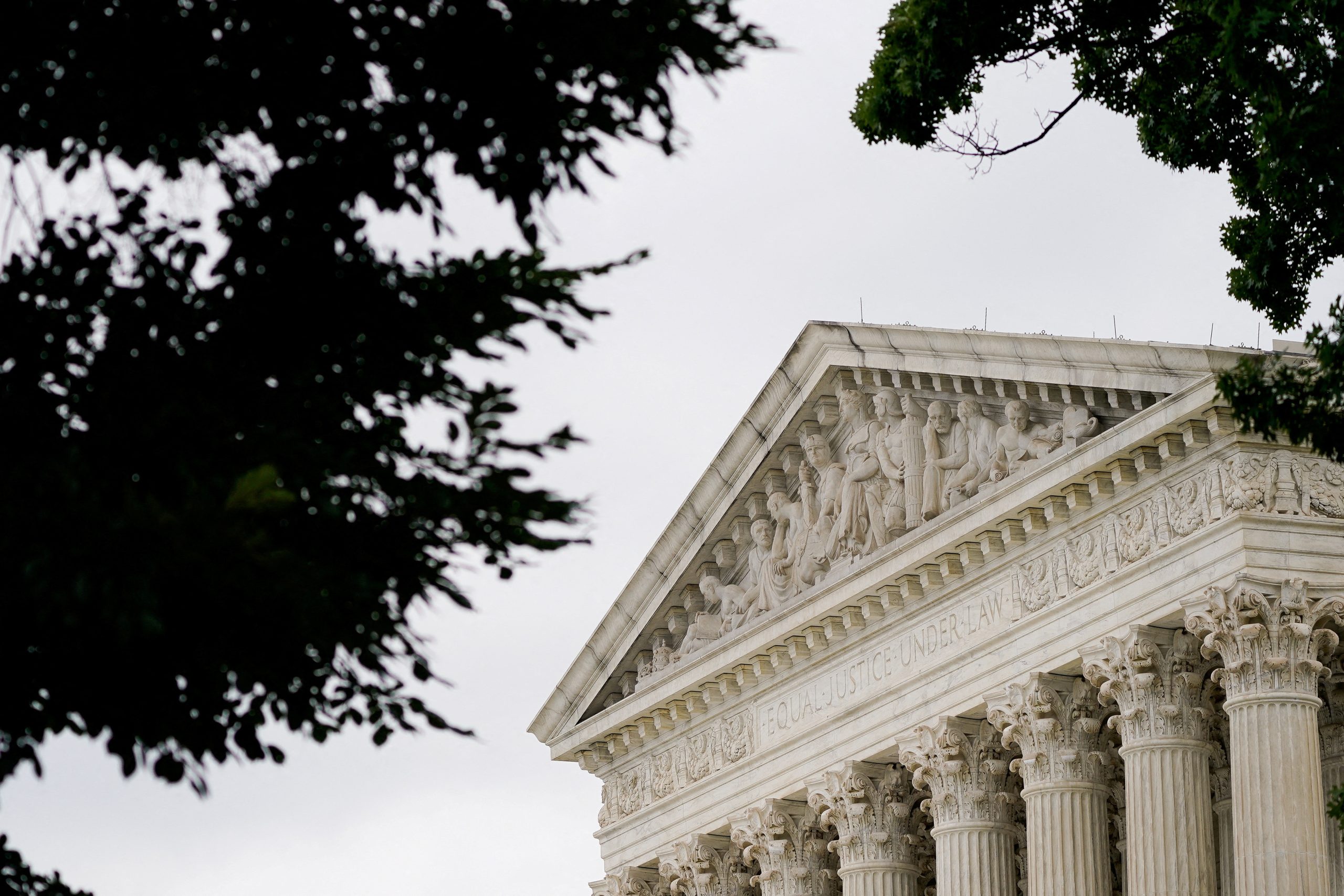
Chris Lange, FISM News
[elfsight_social_share_buttons id=”1″]
The Supreme Court will hear arguments today in two back-to-back landmark cases with the potential to significantly alter Affirmative Action practices in higher education.
Students for Fair Admissions (SFFA) is asking the justices to weigh in on its complaints that Harvard University and the University of North Carolina engaged in admissions policies that gave preferred minority groups an unfair advantage over applicants of other races.
The group accused Harvard, a private university, of violating Title VI of the Civil Rights Act of 1964, which bars discrimination based on race, color, or national origin under any program or activity receiving federal financial assistance. SFFA asserts that the Ivy League school discriminated against Asian American students in its admissions policies.
In its suit against UNC, a public university, SFFA accused the school of discriminating against white and Asian American applicants in violation of the 14th Amendment. In both suits, the student-led group said black and Hispanic students were given unfair advantages over non-favored racial groups, regardless of need or merit. It is asking the nation’s highest court to prohibit institutions of higher education from considering race at all in determining admissions eligibility.
At the heart of both cases is the Supreme Court’s 2003 decision in Grutter v. Bollinger that upheld the right of college admissions boards to consider an applicant’s race among other admissions requirements in an effort to benefit minority groups. SFFA argues that the decision violates constitutional rights and federal law.
In their petition for appeal, SFFA states, “Grutter’s core holding — that universities can use race in admissions to pursue student-body diversity — is plainly wrong.”
SFFA also asserts that both schools failed to pursue diversity through available race-neutral methods.
Color Us United, a coalition of Asian American students, said that the schools discriminated against students of non-preferred races with a “racial penalty” that held them to a higher standard than black and Hispanic students.
“They are intent on cultivating this brand of prestige by any means,” said the group’s president, Kenny Xu, according to a Fox News report.
“The idea of the Civil Rights Act of 1964 was that the state should not discriminate on the basis of race. It doesn’t matter if you’re doing it one way or another.”
Xu said Monday in a tweet that the broader takeaway for all Americans is that “you cannot force racial equity without discrimination,” adding, “fairness means being BLIND to race!”
Ishan Bhabha, a partner at the law firm Jenner & Block who filed an amicus brief on behalf of Ivy League and other elite schools, said that if the Supreme Court overturns Grutter, it will have severe repercussions on higher education, The Hill reported.
“If you don’t have a series of divergent viewpoints … then one of the most important priorities of institutions of higher education — which is to forward knowledge, to ask difficult questions, to explore unknown concepts and have one idea clash against another to try and figure out which one is correct or which one is defensible — that is significantly hampered,” he said.
Bhabha, who co-leads his firm’s diversity, equity, and inclusion initiative, said that if the court reverses the Grutter decision, it will have a deleterious ripple effect on other aspects of American life.
“If Grutter is overturned, it will light a fire to systematically remove DEI initiatives from all aspects of society,” Bhabha said.
Liberal Justice Ketanji Brown Jackson is recused from the Harvard case, having recently served as a member of the college’s board of overseers.
Justice Sandra Day, who rendered the deciding “swing” vote in Grutter, said in the majority opinion: “We expect that 25 years from now, the use of racial preferences will no longer be necessary to further the interest approved today.”
